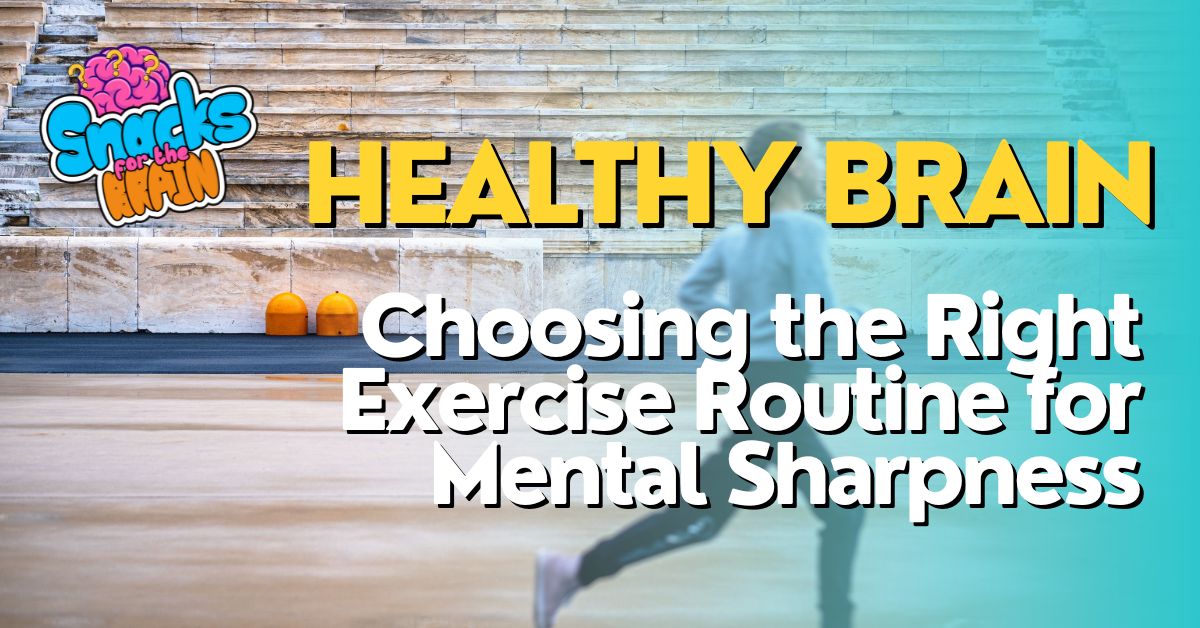Stress is a common experience among students, and it can have a significant impact on their academic performance. The pressure to succeed academically, meet deadlines, and balance social and personal commitments can all contribute to feelings of stress and overwhelm. Understanding the triggers of stress and developing effective coping mechanisms is crucial for students to maintain their mental well-being and achieve their academic goals.
Key Takeaways
- Stress can have a significant negative impact on academic performance.
- Common stress triggers for students include academic pressure, social relationships, and financial concerns.
- Effective coping mechanisms for stress management include deep breathing, meditation, and positive self-talk.
- Time management is crucial in reducing stress, as it helps students prioritize tasks and avoid procrastination.
- Mindfulness techniques, such as focusing on the present moment, can also be helpful in reducing stress.
Understanding the Impact of Stress on Academic Performance
Stress has a direct impact on the brain, which in turn affects academic performance. When a person experiences stress, the body releases cortisol, a hormone that can impair memory and cognitive function. This can make it difficult for students to concentrate, retain information, and perform well on exams or assignments.
Statistics show that stress is prevalent among students. According to a survey conducted by the American Psychological Association, 61% of college students reported feeling overwhelmed with anxiety in the past year. Additionally, 45% of college students reported that stress had negatively impacted their academic performance.
Identifying Common Stress Triggers for Students
There are several common stress triggers for students that can contribute to feelings of overwhelm and anxiety. These include exams, deadlines, social pressures, financial concerns, and the pressure to succeed academically. It is important for students to identify their personal stress triggers in order to effectively manage their stress levels.
Tips for identifying personal stress triggers include keeping a journal to track stressful situations and emotions, reflecting on past experiences that have caused stress, and seeking feedback from friends or family members who may have observed patterns in behavior during stressful times.
Developing Effective Coping Mechanisms for Stress Management
Developing effective coping mechanisms is crucial for managing stress. There are various techniques that can help individuals reduce stress levels and improve their overall well-being.
Deep breathing exercises can help activate the body’s relaxation response and reduce feelings of stress. Meditation is another effective technique that can help calm the mind and promote a sense of peace and relaxation. Journaling is a helpful tool for processing emotions and gaining clarity during stressful times.
It is important for individuals to find the coping mechanisms that work best for them. What works for one person may not work for another, so it may take some trial and error to find the most effective techniques. Experimenting with different coping mechanisms and seeking guidance from mental health professionals can help individuals find the strategies that work best for them.
The Importance of Time Management in Reducing Stress
Poor time management can contribute to feelings of stress and overwhelm. When students have a lot on their plate and feel like they don’t have enough time to complete their tasks, it can lead to increased stress levels.
Effective time management is crucial for reducing stress. Tips for effective time management include creating a schedule or to-do list, prioritizing tasks, breaking larger tasks into smaller, manageable chunks, and setting realistic deadlines.
By effectively managing their time, students can reduce feelings of stress and create a sense of control over their academic responsibilities.
Mindfulness Techniques for Stress Reduction

Mindfulness is a practice that involves bringing one’s attention to the present moment without judgment. It has been shown to be an effective tool for reducing stress and improving overall well-being.
Practicing mindfulness can help individuals become more aware of their thoughts, emotions, and physical sensations. This increased awareness can help individuals better manage stress by recognizing when they are becoming overwhelmed and taking steps to calm themselves down.
Incorporating mindfulness into daily life can be done through various techniques such as mindful breathing, body scans, or mindful eating. Taking just a few minutes each day to practice mindfulness can have a significant impact on reducing stress levels.
The Role of Exercise in Stress Management for Students
Exercise is not only beneficial for physical health but also for mental well-being. Engaging in regular physical activity has been shown to reduce stress levels and improve academic performance.
Exercise helps to release endorphins, which are natural mood boosters. It also helps to reduce cortisol levels, the hormone associated with stress. Additionally, exercise can improve sleep quality, increase energy levels, and enhance cognitive function.
Finding time for exercise in a busy student schedule can be challenging, but it is important to prioritize physical activity for stress management. This can be done by incorporating short bursts of exercise throughout the day, such as taking a walk between classes or doing a quick workout at home.
Building a Support Network for Stress Management
Having a support network is crucial for managing stress. Friends, family members, and mental health professionals can provide emotional support, guidance, and perspective during stressful times.
Building a support network involves reaching out to trusted individuals and expressing one’s needs and concerns. It is important to surround oneself with people who are understanding, empathetic, and supportive.
In addition to personal connections, mental health professionals can provide valuable resources and support for stress management. They can offer guidance on coping mechanisms, provide therapy or counseling services, and help individuals develop strategies for managing stress.
Strategies for Balancing Academic and Personal Life to Reduce Stress
Balancing academic and personal life is essential for reducing stress. When students are overwhelmed with academic responsibilities and neglect their personal needs and interests, it can lead to increased stress levels.
Tips for finding a healthy balance include setting boundaries with academic commitments, scheduling time for self-care activities, maintaining social connections, and pursuing hobbies or interests outside of academics.
By prioritizing personal well-being and finding a healthy balance between academic and personal life, students can reduce stress levels and improve their overall quality of life.
The Benefits of Seeking Professional Help for Stress Management
Seeking professional help for stress management can have numerous benefits. Mental health professionals have the knowledge and expertise to provide guidance and support tailored to individual needs.
They can help individuals develop effective coping mechanisms, provide therapy or counseling services, and offer strategies for managing stress. Mental health professionals can also provide resources and referrals to other professionals or support groups that may be beneficial.
It is important for individuals to recognize when they need additional support and not hesitate to seek professional help. Taking proactive steps to manage stress can have a significant impact on academic performance and overall well-being.
Long-Term Stress Management Techniques for Maintaining Academic Performance
In addition to short-term coping mechanisms, it is important to develop long-term stress management techniques for maintaining academic performance. These techniques involve incorporating self-care practices and stress-reducing habits into daily life.
Self-care practices can include activities such as getting enough sleep, eating a balanced diet, engaging in regular physical activity, and practicing relaxation techniques. Stress-reducing habits can include setting realistic goals, practicing time management, maintaining a positive mindset, and seeking support when needed.
By prioritizing self-care and implementing stress-reducing habits, students can maintain their mental well-being and achieve their academic goals in the long term.
Stress can have a significant impact on academic performance, but by understanding stress triggers and developing effective coping mechanisms, students can manage their stress levels and achieve success in their academic careers. It is important for students to prioritize their mental well-being and implement stress management techniques that work best for them. By taking proactive steps to manage stress, students can create a healthy balance between academic responsibilities and personal life, leading to improved academic performance and overall well-being.
If you’re looking for effective stress management strategies to improve your academic performance, you might also be interested in learning how to enhance your memory. In a related article on Intelligence Snacks & Hacks, they provide valuable tips and tricks on how to improve your memory and retain information more efficiently. From mnemonic techniques to creating associations, this article offers practical advice that can help students boost their memory skills. Check out the article here to discover 13 tips and tricks to memorize faster and remember what you’ve learned.
FAQs
What is stress?
Stress is a physical and emotional response to a challenging situation or event. It can be caused by various factors such as academic pressure, personal problems, and social issues.
How does stress affect academic performance?
Stress can negatively impact academic performance by causing difficulty in concentration, memory retention, and problem-solving skills. It can also lead to anxiety, depression, and other mental health issues.
What are some stress management strategies for students?
Some stress management strategies for students include practicing relaxation techniques such as deep breathing and meditation, engaging in physical activity, maintaining a healthy diet, getting enough sleep, and seeking support from friends, family, or a mental health professional.
How can time management help reduce stress?
Effective time management can help reduce stress by allowing students to prioritize their tasks and avoid procrastination. This can lead to a sense of control and accomplishment, which can help reduce feelings of stress and anxiety.
What role does self-care play in stress management?
Self-care is an important aspect of stress management as it involves taking care of one’s physical, emotional, and mental well-being. Engaging in activities such as exercise, healthy eating, and relaxation techniques can help reduce stress and improve overall well-being.
When should a student seek professional help for stress?
A student should seek professional help for stress if they are experiencing persistent feelings of anxiety, depression, or other mental health issues that are interfering with their daily life and academic performance. It is important to seek help from a mental health professional who can provide appropriate treatment and support.





